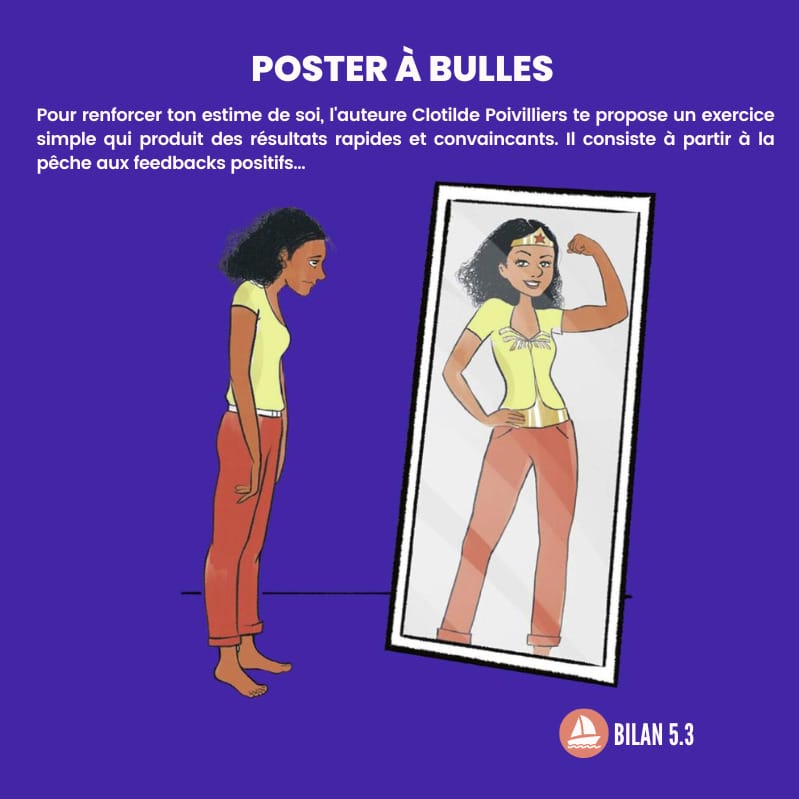Mindfulness sessions could be the solution to reducing stress, anxiety and improving the mental health of students.

- Chronic stress can be defined as a lasting state linked to various known and/or sometimes unsuspected sources of stress.
- The second form of medically recognized stress is called “acute” and is due to an event experienced as difficult and sudden and results in an intense and brutal emotion.
Less stress, anxiety and depression in students thanks to mindfulness. This is confirmed by a study carried out by scientists from the Institut des sciences du mouvement Etienne-Jules-Marey and published in the journal Borders.
Daily sessions
During their work, the researchers wanted to determine if mindfulness sessions, a form of meditation, could reduce the stress and anxiety of students as well as the depression felt by some.
For this, 76 volunteer students from the University of Aix-Marseille were followed during the first confinement. For seventeen days, everyone did one mindfulness session a day, 20 minutes on weekdays and 10 minutes on weekends. These were available online, directly on their university’s intranet.
Demystifying mindfulness
“Mindfulness meditation is about bringing your attention to the present moment, without expectation, without filter and without judgment.explains Louise Devillers-Réolon, a third-year doctoral student at the Institute of Movement Sciences who is preparing a thesis on the subject. We wanted to demystify mindfulness meditation a bit. Some might think it’s shamanism. But that’s not it at all! Students have a lot of burdens on them. Many work nearby. It is not always easy for them to treat themselves”.
21% less stress
To assess the benefits of mindfulness, researchers asked students to complete questionnaires about their mental state before and after. In parallel, a control group who had not followed these mindfulness sessions had to answer the same questions.
“Before the experiment, we had noticed that nearly 25% of the group had severe, even extremely severe, stress-related disorders.”, develops Rita Sleimen-Malkoun, teacher-researcher. We found that students who took the mindfulness meditation intervention reduced their stress level by 21%, their anxiety level by 28%, their depression level by 34% and improved their level of well-being. be psychological by 10%”.
A lower cost solution
“Mindfulness meditation is a good start at a lower cost, and which proves to be effectiveemphasizes Louise Devillers-Réolon. And you don’t have to be an expert in the field, or wait months of practice to see benefits. In our study, in not even three weeks, we have statistically significant results. It is important to take the time, to focus on simple things like breathing, the present moment or the acceptance of what seems like hardships”.
A solution that could therefore be effective in combating a public health problem. Indeed, according to a CSA survey conducted for the Intériale Group and LMDE70% of students are in a situation of ill-being and 76% say they are stressed.















